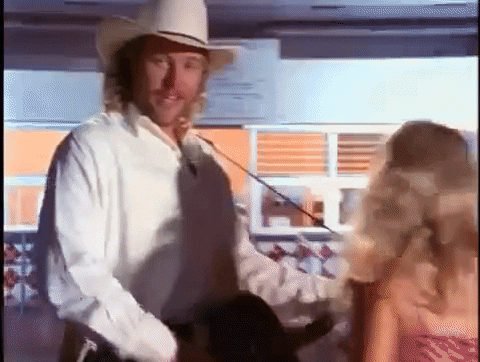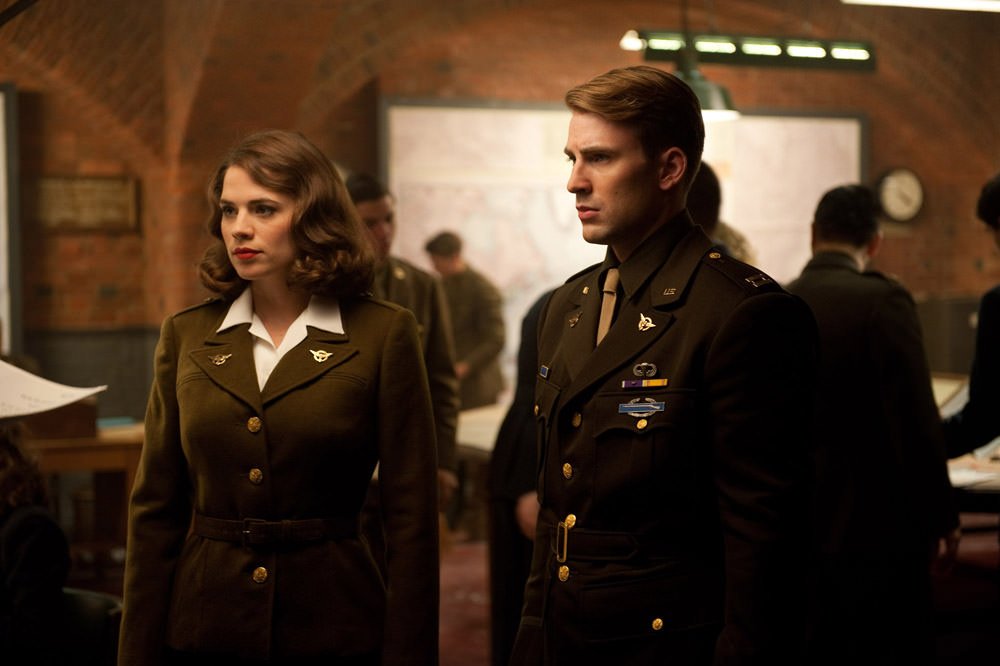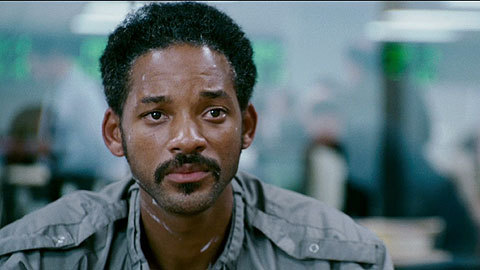
Ever found yourself watching a sitcom and realizing it’s hitting a little too close to home? Not in a ‘someone hid the remote’ kind of way, but in a deeply resonant, ‘they’re talking about *my* life’ sort of way? That’s the magic of CBS’s ‘Mom.’ While it might seem like a typical comedy at first glance, ‘Mom’ quickly peels back the layers to reveal a raw, honest, and often painfully relatable look at the complexities of family, recovery, and what it truly means to be a parent when you’re still figuring things out yourself. It’s a show that dares to ask, in its own charmingly chaotic way, are we wrong for making these choices, for stumbling, for just trying to get through the day when life throws everything it has at us?
At the very core of ‘Mom’ is the tumultuous, yet undeniably loving, relationship between Christy Plunkett and her mother, Bonnie Plunkett. These two women, brought to life with incredible depth by Anna Faris and Allison Janney, are the very definition of a ‘dysfunctional mother/daughter duo.’ Their story begins with years of estrangement, a deep chasm created by their individual battles with addiction. Now, side-by-side, they’re attempting to pull their lives together by trying to stay sober, confronting the wreckage of their past, and facing the profoundly challenging task of building a more stable future—together, for the first time in a very long time.
Let’s first immerse ourselves in Christy’s world. We meet her as a single mother, bravely embarking on a new chapter after battling alcoholism and drug abuse. At the series outset, she’s been seven months sober, a significant milestone that underpins all her subsequent actions. She’s striving relentlessly to be a good example to her young son, Roscoe, and simultaneously working to regain the trust of her teenage daughter, Violet, a task that proves to be incredibly complex and emotionally draining. Imagine the sheer weight of that responsibility, not just to maintain her own sobriety, but to demonstrably break a generational cycle for her children. It’s a struggle many parents face, whether it’s addiction or other deep-seated challenges—that profound, sometimes desperate, desire to do better for your kids than perhaps your own parents managed for you.
Christy’s parenting journey is undeniably fraught with unique complexities, constantly reminding us that life rarely fits neatly into a box. Her eldest child, Violet, was born when Christy herself was just 17, making Christy a teenage mother. In a poignant, almost heartbreakingly cyclical turn of events, Violet also becomes pregnant as a teenager, with her boyfriend Luke as the father of the child. This immediate parallel sets up a deeply relatable dilemma for any parent: how do you guide your children through challenges you yourself experienced, especially when your own past choices and struggles might have inadvertently contributed to their current struggles? Christy’s young son, Roscoe, is a product of her second marriage to Baxter, whom the show describes as a ‘deadbeat but likable pothead,’ further illustrating the less-than-ideal circumstances Christy navigates daily while striving to provide a modicum of stability amidst the constant chaos.
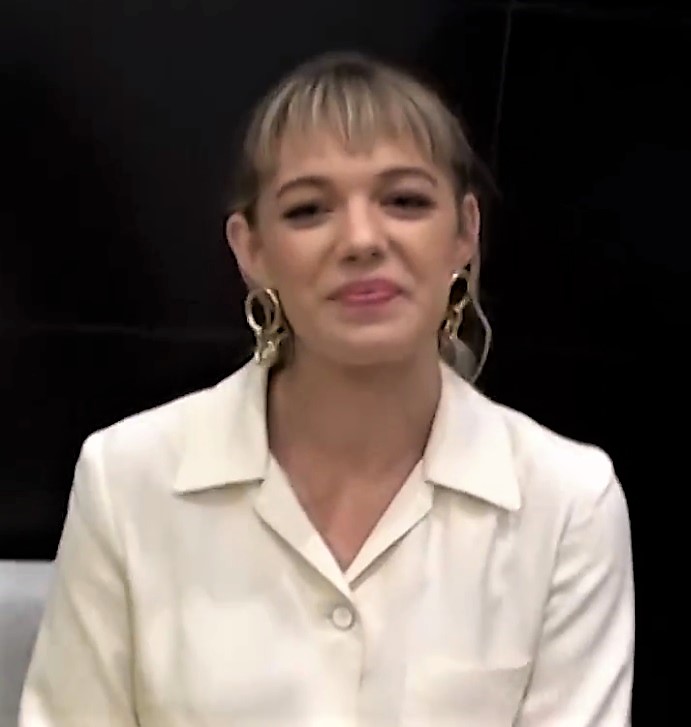
Violet herself, portrayed by Sadie Calvano, is a fascinating and often heartbreaking study in resilience and reaction to trauma. Initially introduced as a senior in high school, ‘hardworking, smart and sure of herself,’ she is understandably ‘upset with her mother, who never had time to take care of her children and failed to fulfill a true motherly role despite now being sober for some time.’ This deeply ingrained resentment is a powerful undercurrent throughout Violet’s arc, highlighting the long-term, painful impact of a parent’s past actions and absences. The weight of her family’s legacy is palpable in her choices, especially when she ultimately makes the incredibly difficult decision to place her baby for adoption.
Violet’s reasoning for this heart-wrenching choice is profoundly mature: she ‘felt that this was the best way to break her family’s repeated cycle of poor life choices and give her child a better chance than herself, her mother, or her grandmother ever had.’ This moment is a stark, almost brutal, examination of intergenerational trauma and the fierce desire to stop its perpetuation. It prompts any empathetic viewer to consider: in the face of such a deeply problematic family legacy, what *is* the ‘right’ choice? Is it always to keep the child, or can an act of selfless letting go be the most loving decision? The show unflinchingly presents this dilemma, inviting discussion rather than providing easy answers.
Even as Christy makes earnest efforts to mend fences and rebuild their relationship, Violet’s pain and resentment linger, a testament to the enduring scars left by a difficult childhood. We learn that Christy even lied to Violet about her biological father, Butch, who was ‘horribly physically abusive’ to Christy. In a desperate attempt to protect Violet and herself, Christy ‘worked up the courage to leave him,’ but later took Violet to a ‘random man’s grave and told Violet that her father is dead.’ The show doesn’t shy away from these messy truths, demonstrating how even choices made from a place of protection can have complex, lingering consequences.
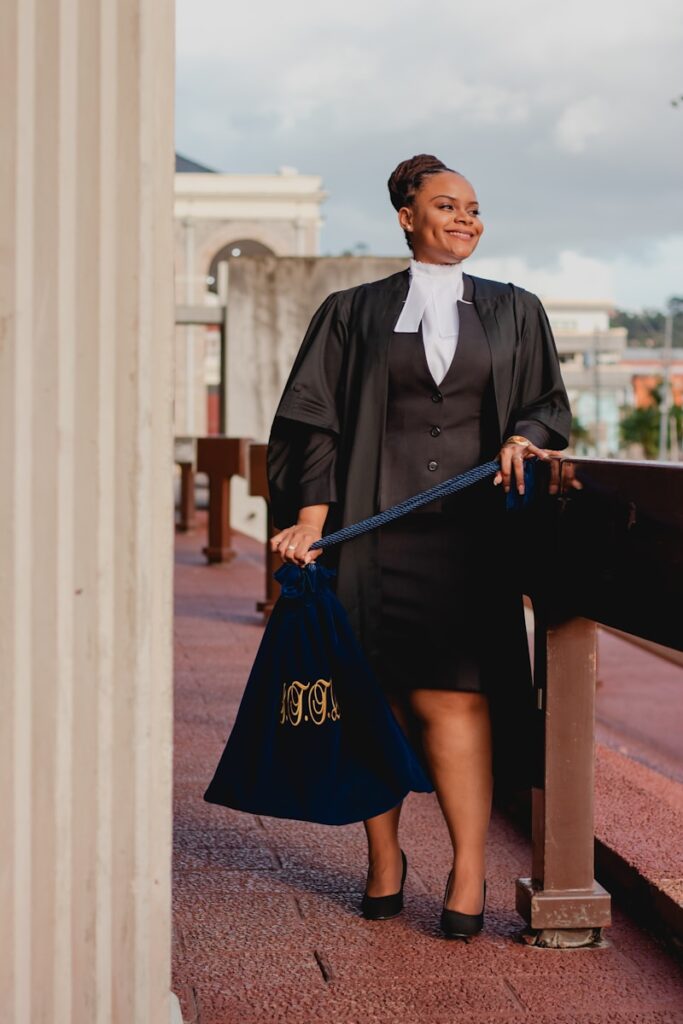
Violet’s subsequent downward spirals, including her cheating on Luke and getting engaged to Gregory Munchnik, a much older psychology professor, all stem from this complicated emotional foundation. Her eventual move to Lake Tahoe to become a blackjack dealer, and later wrecking her life there, reflects a continued search for stability or perhaps an escape from her familial past. Her return, getting back together and moving in with Luke after he improved his life, offer a glimmer of hope, but the underlying tension with Christy remains. Calvano’s last appearance on the show in season 6, where Violet hosts a successful podcast tellingly titled ‘The Mother of all Problems’ and ‘outlines in great detail all of Christy’s terrible past actions,’ is a powerful, if painful, expression of that lingering hurt. It forces us to acknowledge that even with sobriety and immense effort, some wounds run incredibly deep, and the path to forgiveness, both from others and for oneself, is rarely a linear or simple journey.
Beyond her multifaceted parenting struggles, Christy’s individual journey toward self-improvement is a central pillar of the series, offering a beacon of hope amidst the chaos. While she’s ‘struggling to recover from her addictions to alcohol and gambling,’ Christy makes a monumental decision: she ‘decides that she wants to go back to school to become a lawyer.’ This pursuit of a long-held dream, while admirable and inspiring, isn’t without its significant challenges and sacrifices. She takes a demanding second job as Steve Casper’s assistant, eventually earning her bachelor’s degree and then courageously being accepted to law school. Her internship with a law firm while still working as a waitress, and the ‘unpleasant experiences at work’ and difficulties she faces in law school—including being rejected for a mock trial team and a professor presuming ‘Christy is a poor student because she’s a single mother’—are a vivid portrayal of the immense, often exhausting, effort required to rebuild a life from the ground up, especially for a single mother with a tumultuous past and, at certain points, ‘little or no contact with either of her children.’ Her ultimate departure to attend Georgetown law school on a full scholarship is a powerful testament to her unwavering grit and determination, showing that breaking deeply ingrained cycles often demands monumental personal sacrifice and unwavering dedication.

Then there’s Bonnie Plunkett, Christy’s mother, portrayed with such magnificent complexity and comedic genius by Allison Janney. She is initially depicted as Christy’s ‘self-centered mother,’ a ‘cynical recovering addict who is sure she’s always right.’ Yet, over the course of the series, we witness her growth, as she ‘learns humility’ and embarks on her own profound journey of self-discovery and recovery. Bonnie’s path is just as crucial, if not more so, than Christy’s, as she too is trying desperately to ‘regain the love and trust of her daughter, whom she was unable to properly nurture as a child.’ This struggle for reconciliation is a common, poignant theme for many families touched by addiction or profound mental health struggles: the immense effort required for a parent to earn back their child’s trust, and for a child to bravely extend it.
Bonnie’s own childhood backstory provides profound, if tragic, context for her past parenting deficiencies. She was ‘given up for adoption at age four and was in the foster care system, being passed around from house to house.’ Her early life was marked by instability, leading her to eventually run off with Alvin, Christy’s biological father, at age 15. She became pregnant and had Christy at age 17, only for Alvin to ‘abandon both of them at the hospital on Christmas Eve.’ Bonnie candidly revealed that she ‘almost aborted the pregnancy, and then wanted to put Christy up for adoption’ with a ‘pleasant Jewish couple’ willing to adopt her. However, in a moment of maternal instinct, ‘Bonnie couldn’t go through with the adoption.’ This deeply painful history, while never excusing her past actions, powerfully highlights the intergenerational impact of trauma, abandonment, and systemic failures, and how deeply ingrained patterns can be.
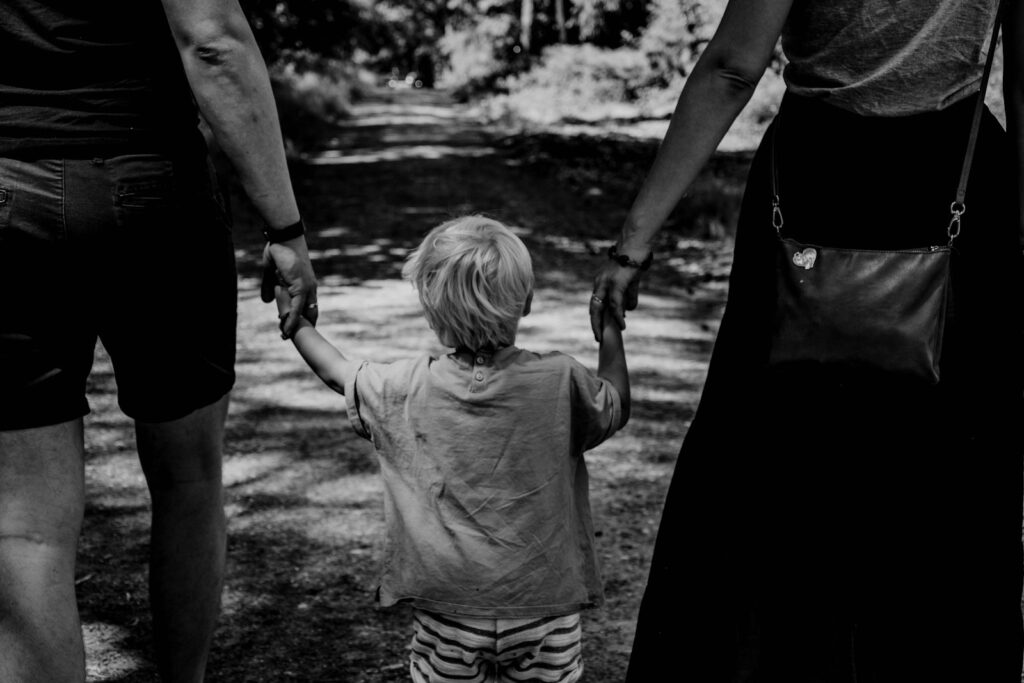
Despite her initial declaration of trying her best to raise Christy, the painful truth revealed in the series is that ‘Christy wound up raising herself; Bonnie chose parties and drinking over staying home.’ This unflinching honesty about her past neglect is central to Bonnie’s journey toward self-acceptance and healing. However, the show emphasizes that ‘with time and much therapy, Bonnie managed to find balance.’ Her path to sustained sobriety is not a straight line, as evidenced by painful relapses, such as in season 1 after losing her job and apartment, which forced her to move in with Christy, Violet, and Roscoe—a catalyst for much of the initial tension and subsequent comedic situations. A later relapse, following a back injury where she became ‘hooked on pain medication prescribed to her,’ further underscores the constant vigilance and profound self-awareness required in the journey of recovery.
Bonnie’s courageous efforts to be transparent with Christy, revealing not only the truth about Alvin, Christy’s biological father, but also Bonnie’s past ‘side career’ as a drug dealer, demonstrate a growing willingness to confront their shared, often painful, history, no matter how uncomfortable it might be. The rekindling of her romantic relationship with Alvin, though tragically cut short by his sudden death from a heart attack, showcases Bonnie’s evolving capacity for genuine connection and profound vulnerability. These deeply emotional moments, while frequently punctuated by the show’s signature sitcom humor, firmly ground the series in emotional honesty. They compel us to consider how much our own pasts, no matter how distant or buried, continue to shape our present relationships and inform our parenting styles.
What ‘Mom’ so brilliantly showcases, perhaps more than any other sitcom, is that the ‘right’ or ‘wrong’ of a parent’s decision is rarely, if ever, black and white. For both Christy and Bonnie, nearly every choice they make is filtered through the intricate lens of their respective addictions, their unresolved past traumas, and their desperate, often messy, desire for a better, more stable life. From Christy struggling profoundly to forgive Bonnie for a ‘tumultuous childhood and long estrangement,’ to Bonnie’s ongoing, often comical, attempts to ‘regain the love and trust of her daughter,’ their narrative is a relentless, authentic push and pull. It’s fundamentally about the arduous process of breaking deeply entrenched cycles, courageously owning one’s mistakes, and eventually, if possible, finding forgiveness—both for others and, crucially, for oneself.

The undeniable genius of ‘Mom’ lies in its extraordinary ability to maintain a ‘deft balance between the humorous and darker aspects of these issues.’ The series fearlessly tackles incredibly weighty topics that many shows shy away from, including alcoholism, drug addiction, teen pregnancy, addictive gambling, homelessness, relapse, cancer, death, erectile dysfunction, domestic violence, overdose, palsy, rape, obesity, stroke, ADHD, and miscarriage. Yet, it does so with impeccable comedic timing, sharp writing, and an undeniable character chemistry that makes these deeply uncomfortable truths accessible and, dare I say, enjoyable, even amidst the profound heartache. This comedic lens doesn’t diminish the gravity of the problems but rather makes them digestible, allowing viewers to lean into uncomfortable truths and find common ground in shared human struggles, proving that laughter can be a powerful tool for healing and understanding.
For parents watching, the show serves as a powerful, sometimes uncomfortable, but always resonant reminder that perfection is an absolute illusion, especially when it comes to raising children. Christy and Bonnie are deeply flawed, make incredibly questionable choices, and often stumble in spectacular fashion. But their remarkable resilience, their unwavering commitment to sobriety (most of the time!), and their enduring, albeit complicated, love for each other and for their children, make them incredibly relatable. It invites us, the audience, to be less judgmental, both of ourselves and of others who are bravely navigating the messy and often treacherous terrain of family life. It’s a powerful space for empathy, a vivid mirror reflecting the imperfect, often chaotic, yet deeply beautiful process of trying your absolute best, even when your best feels utterly insufficient, day in and day out.
So, when faced with a perplexing parenting dilemma, whether it’s as seemingly trivial as a waterpark squabble or as profound as addiction, are we inherently ‘wrong’ for our choices or our reactions? ‘Mom’ powerfully suggests that the question itself is less important than the difficult, ongoing journey of grappling with it. It’s about bravely understanding the deep roots of our actions, courageously acknowledging our profound flaws, and, most importantly, proactively seeking and accepting genuine support from those who understand. The show doesn’t offer simplistic, easy answers, but it brilliantly illustrates that even the most fractured and dysfunctional families can, through immense effort and vulnerability, find a path toward healing, reconciliation, and meaningful connection. It’s a profound testament to the enduring idea that recovery, both from the grips of addiction and from the deep scars of a difficult past, is a continuous, lifelong process, and sometimes, the most invaluable lessons come not from flawlessly perfect role models, but from those who are bravely, hilariously, and imperfectly trying to pick up the pieces, one messy, beautiful day at a time.

